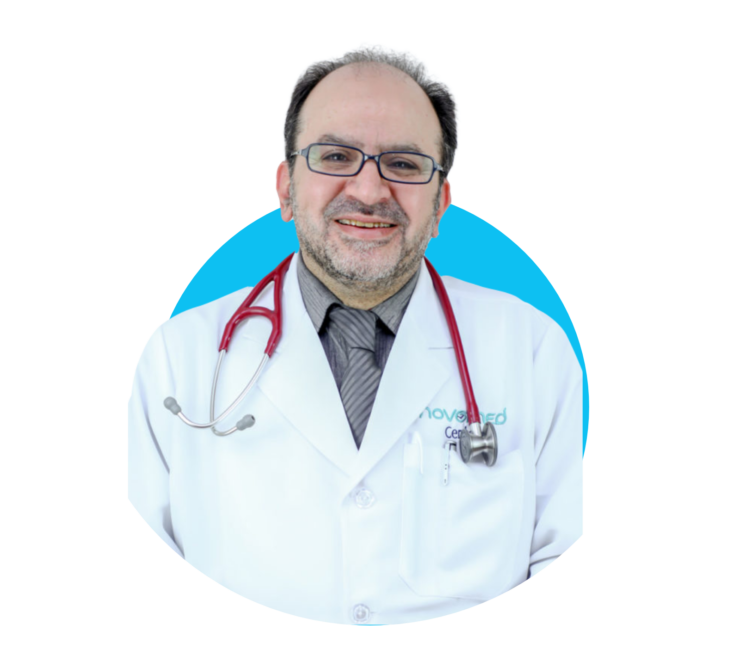Hypoglycemia Treatment in Dubai, Abu Dhabi and Al Ain
Overview
Hypoglycemia, also known as low blood glucose, occurs when you have low blood sugar (glucose) levels. This condition is prevalent in diabetic people who have problems due to medicine, food, or exercise. However, people who do not have diabetes can also have low blood glucose.
Severe cases of hypoglycemia where blood sugar falls too low can be life-threatening and require medical attention. A monitoring strategy of your blood sugar with treatment that includes high-sugar foods and drinks or medication can help return your blood sugar back to normal.
What are the symptoms of hypoglycemia?
Hypoglycemia symptoms vary from person to person and range from moderate to severe, depending on how low your blood sugar drops.
Common symptoms of hypoglycemia include:
- Fast heartbeat
- Anxiety or irritability
- Sweating
- Hunger
- Blurred vision
- Passing out or seizures
What are the causes of hypoglycemia?
For diabetic people, hypoglycemia may be caused by:
- Diabetes medications: Taking a high dose of certain diabetic medications can induce hypoglycemia.
- Eating habits: Skipping a meal or eating less than usual while taking medications can increase your risk of low blood sugar.
- Increased physical activity: Exercising more than usual without eating enough can lower your blood sugar.
- Alcohol consumption: Drinking alcohol when you have not eaten enough with diabetes medications might produce low blood glucose.
For non-diabetic people, hypoglycemia may be caused by:
- Medications, such as quinine (taken for malaria), may cause hypoglycemia.
- Excessive alcohol consumption on an empty stomach can prevent your liver from releasing stored glucose into your bloodstream.
- Medical conditions such as cirrhosis or severe hepatitis can cause hypoglycemia.
- Hormone imbalance: People who have hormone deficiency may experience hypoglycemia after a long fasting period.
How is hypoglycemia diagnosed?
During your consultation, our endocrinologist will go over your medical history, ask about your symptoms, and perform a physical examination. They will test your blood sugar levels with a blood glucose meter as you are experiencing hypoglycemia symptoms, either while you are fasting or after a meal. The blood test will show that you have hypoglycemia if the result indicates less than 70 mg/dl.
How is hypoglycemia treated?
If you are diabetic, you should follow the below steps when you start to experience symptoms of hypoglycemia:
- Consume 15 to 20 grams of glucose or carbohydrates, which you can get from glucose pills or gel, fruit juice, sugar, and honey.
- Check your blood glucose level after 15 minutes. If your glucose level is still low, eat or drink 15 to 20 grams of glucose or carbohydrates.
- After another 15 minutes, check your blood glucose level again and repeat these actions until your blood glucose level is back to normal.
- Once your blood sugar is back to normal, eat a snack or meal to stabilize your blood glucose levels.
- For severe cases of low blood glucose, glucagon is available as an injectable or nasal spray to immediately raise your blood glucose level.
Non-diabetic people have the following treatment options:
- If a medication is causing your hypoglycemia, our doctor will recommend that you stop taking it or replace it with another medication.
- If an underlying condition is causing your low blood sugar levels, such as a tumor in your pancreas, our doctor will recommend that you have the tumor surgically removed.
Schedule your appointment at Novomed today!
If you have symptoms of hypoglycemia, make an appointment with one of our expert endocrinologists in Dubai or Al Ain to learn more about your condition and treatment options.
Book your consultation today by calling toll-free 8006686 or clicking the live chat icon at the bottom of the screen.


